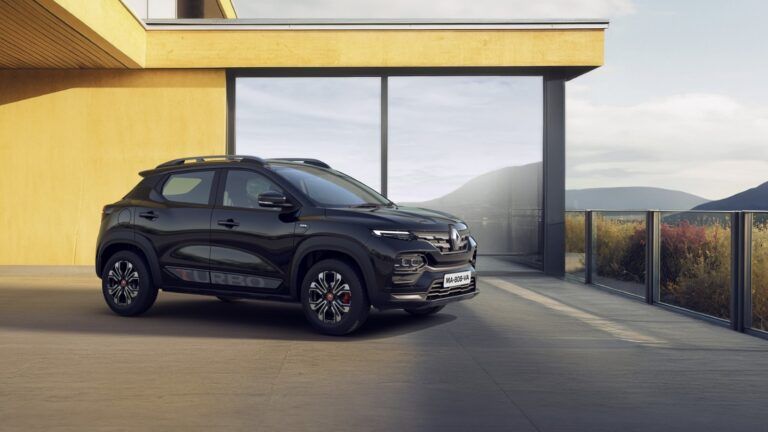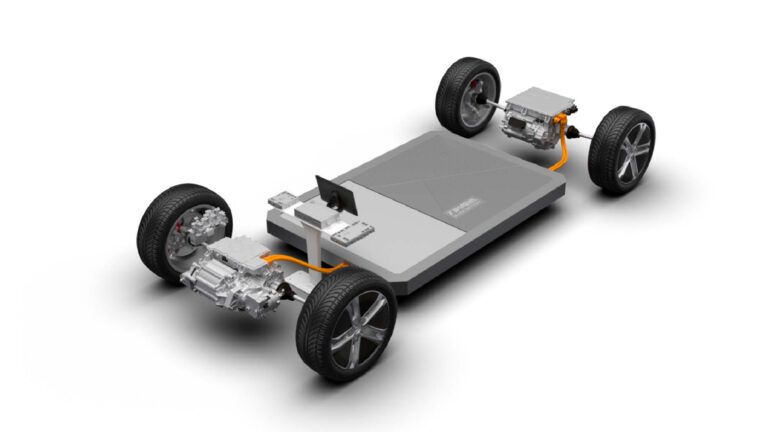If you have been a regular reader of our website, by now you must know all about electric vehicles. You must also be knowing why the world of transport is rapidly shifting to them. In case you missed out, read about the working of an electric vehicle, or the types of EVs in the market. In this article, we shall focus on a different class of vehicles. These vehicles bring the advantages of EVs over gasoline vehicles, and have a few perks of their own. The umbrella term for these is “Alternative Fuel Vehicles.”
Going by the textbook definition, alternative vehicles are those that use alternative power sources instead of petrol or diesel. In essence, this also brings all-electric vehicles under the category of alternative vehicles. However, in practice, the term alternative vehicle is often used to describe the class of vehicles that use biofuel or other such alternatives. Common examples of these in India are CNG and LPG. Other alternative fuels like bioethanol and biodiesel also fall in this category.
Alternative vehicles have the same components as those found in a petrol or a diesel car. Meaning, there is an engine that sources fuel from the fuel pump and ignites it to produce mechanical energy. Despite the same process, alternative fuels have their advantages over petrol or diesel. The biggest one being that they are much more environmentally friendly as they produce drastically less pollution.
Alternative Fuel Vehicles: Advantages
In addition, many alternative vehicles are more fuel-efficient than traditional vehicles. These can help to reduce our dependence on foreign oil and save money on fuel import costs. Alternative vehicles are also more reliable and require less maintenance than traditional IC engine vehicles. Electric vehicles are a shining example of that, as they have much fewer moving parts than petrol and diesel vehicles. This also means they are less likely to break down and thus require less maintenance. Alternative vehicles are also big on comfort, as they are quieter and smoother to drive than traditional vehicles.
Alternative fuel vehicles are thus a smart choice for anyone who is looking to reduce their carbon footprint. They also help save money on fuel costs, and promote innovation in the alternative energy industry. By choosing an alternative vehicle, you can help protect the environment, reduce your dependence on foreign oil, and support a cleaner, more sustainable future for all. These are also the reasons why renowned Indian minister Nitin Gadkari, is a big promoter of such vehicles.
Now that we know their working, here is a look at the types of alternative vehicles available in the market.
Types of Alternative Fuel Vehicles
- Electric vehicles: Starting with the most obvious ones, we shall club all the types of electric vehicles within this one category. These include battery electric vehicles, mild hybrids, plug-in hybrids as well as fuel cell vehicles (FCVs) that run on Hydrogen. We club them together under one point simply because all of these vehicles have the same working principle – a battery within the vehicle powers an electric motor, which in turn makes the vehicle move. In the case of Fuel Cell vehicles, the process is a little more complex as Hydrogen is used as a fuel to generate electricity, which in turn powers the motor, ultimately following the same principle as other EVs. Since all these types of EVs do not use fossil fuels like petrol or diesel, they are also classified as alternative fuel vehicles.
- Natural Gas Vehicles (NGVs): These vehicles use compressed or liquefied natural gas (CNG/LNG) as fuel instead of petrol or diesel. NGVs are cleaner-burning than conventional vehicles and emit fewer greenhouse gases. Though their driving range is limited, and the fueling infrastructure is currently limited for such vehicles.
- Alcohol fuel Vehicles: Vehicles that run on fuels derived from the alcohol class of compounds fall under this category. Examples include methanol, ethanol, propanol, and butanol, all of which are byproducts of plants. Such vehicles emit fewer pollutants than gasoline-powered vehicles and have a similar driving range. However, the fueling infrastructure is not as vast as is the case with petrol and diesel.
- Biofuel Vehicles: These vehicles use renewable fuels made from plant matter, such as corn, sugarcane, or soybeans, or from waste, such as cooking oil or agricultural residue. Biofuels are renewable and emit fewer greenhouse gases than fossil fuels, but their production requires large amounts of land, water, and energy. India plans to go big on such vehicles in the coming years and just like EVs, these are likely to constitute a huge portion of India’s transport needs soon.
Automobile manufacturers are increasingly coming up with alternative vehicles in India. The interest was clear from the recent Auto Expo 2023 as well. As the Indian transport scenario sees a new dawn, it will be interesting to see what role alternative vehicles play. To stay on top of this class of vehicles, stay tuned to this space.








